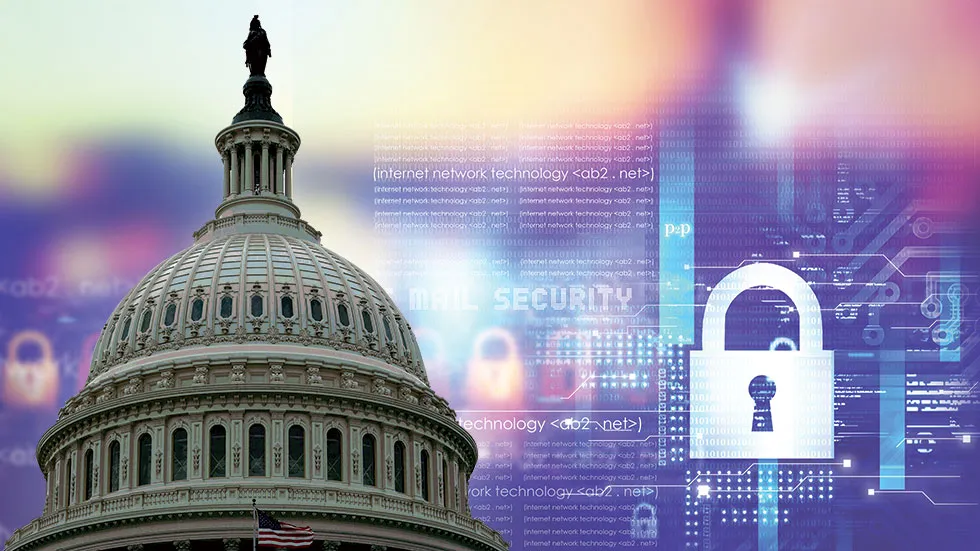Introduction
In today’s globalised business landscape, data privacy and security have become paramount concerns, especially with the increasing digitalisation of business operations. The European Union (EU) and the United States (US) established a new data privacy framework requiring US companies to self-certify their registration to address these concerns. However, as of October 13, 2023, only 2,516 US companies have registered. This lack of participation in the new EU/U.S. Data Privacy framework could create significant bottlenecks, leading to delays in contract acceptance and renewals with EU and UK data controllers. This article explores the potential consequences and emphasises the urgency for EU-U.S. Framework Registration for U.S. companies to avoid revenue losses.
The EU/U.S. Data Privacy Framework
The EU/U.S. Data Privacy framework, which includes the EU-U.S. Privacy Shield and the EU Standard Contractual Clauses (SCCs), was developed to ensure the protection of personal data when it is transferred from the EU to the US. This framework is essential for enabling international data flows and facilitating transatlantic business operations while upholding data protection and privacy standards.
One critical element of this framework is the requirement for US companies to self-certify their registration. Self-certification signifies a commitment to comply with the privacy principles outlined in the framework, reassuring EU and UK data controllers that their data will be handled with due care.
Bottlenecks and Consequences
- Contract Delays: US companies that need to register for the EU/U.S. Data Privacy framework may face significant delays in contract acceptance and renewals with EU and UK data controllers. These data controllers are legally obligated to ensure that their data processors adhere to the framework. The absence of self-certification from US data processors can lead to protracted negotiations and possible contract breaches.
- Loss of Revenue: For US companies, the potential consequences are dire. Delays in contract acceptance or renewal can have a direct impact on revenue. As business operations become more dependent on the seamless exchange of data, disruptions due to compliance issues can lead to financial losses and damage the reputation of US companies in the global market.
- Legal Risks: Non-compliance with the EU/U.S. Data Privacy framework may expose US companies to legal risks. Violations of data privacy regulations can result in hefty fines and legal actions. Furthermore, a tarnished compliance record can deter potential partners and clients, harming the long-term growth prospects of US businesses.
The Urgent Need for Registration
US companies must take immediate action by registering for the EU/U.S. Data Privacy framework to mitigate the potential bottlenecks and their adverse effects on revenue and legal risks. Registration is a straightforward process that involves self-certification and adherence to the privacy principles of the framework. It’s a proactive step toward ensuring seamless data flow and maintaining healthy business relationships with EU and UK data controllers.
Steps to Register:
- Visit the official framework website: US companies can access the registration portal on the official website of the EU/U.S. Data Privacy framework.
- Self-certify compliance: Complete the self-certification process by providing the necessary information and confirming adherence to the framework’s privacy principles.
- Maintain compliance: Once registered, US companies must continue to uphold the privacy principles to ensure ongoing compliance.
Steps for EU/UK Data Controllers
EU and UK Data Controllers are required to verify that their US Data Processors have completed self-certification on the official framework website: before utilizing the framework as a lawful basis for transferring their personal data to the US Processor.
Conclusion
The need for US companies to self-certify their registration for the new EU/U.S. Data Privacy framework is a looming bottleneck that could lead to substantial delays and revenue losses. US companies must act swiftly to register and comply with the framework to avoid these consequences. By doing so, they can uphold their commitment to data privacy, secure international business relationships, and prevent legal risks arising from non-compliance; in an era where data is a vital asset, taking these proactive measures is not just a regulatory requirement but also a strategic imperative for the success of US businesses in the global market.
Formiti Data International’s Global Data Privacy Services cover 6 regions and over 150 countries

